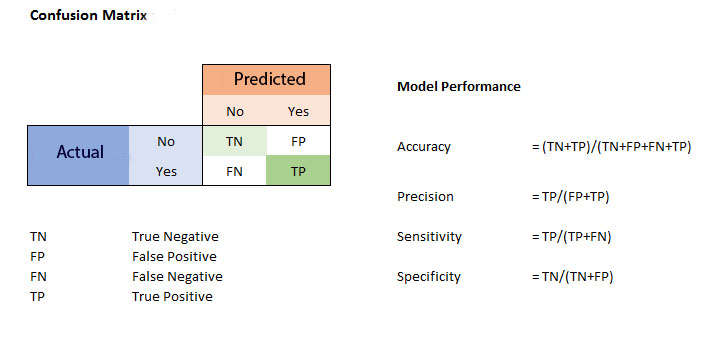As you've pointed out, they are not the same, and sometimes refer to wildly different things (i.e., precision is a property of the model in classification, and refers to a measure of variance in regression). Unfortunately, in statistics and i'm sure other disciplines, we tend to abuse notation and use the same word to denote different things. You've pointed out a great example.
Precision and Accuracy
Precision in the context of regression, more specifically linear regression and the normal distribution refers to the Precision matrix, where X is a multivariate, normally distributed variable
$X \sim MVN(\mu, \Sigma), \hspace{4mm} \text{where } \Sigma^{-1} = \text{Precision Matrix} $.
In the context of classification, Precision is also known as PPV (or positive predictive value), and that refers to how "good" your model is at idnetifying true cases among the predictions.
$PPV = \text{Precision} = \frac{TP}{TP + FP}$
where TP/FP = True and False positives, respectively. Some communities use PPV, and some communities use precision. They mean the same.
Similarly, with Recall and Sensitivity, you measure how good you are at "catching" all the positive cases.
I think the best thing is to follow Bane's lead above, and create a cheat-sheet or notecards with these terms to not confuse them since they can easily get mixed up and be referred to constantly in ambiguous settings.

